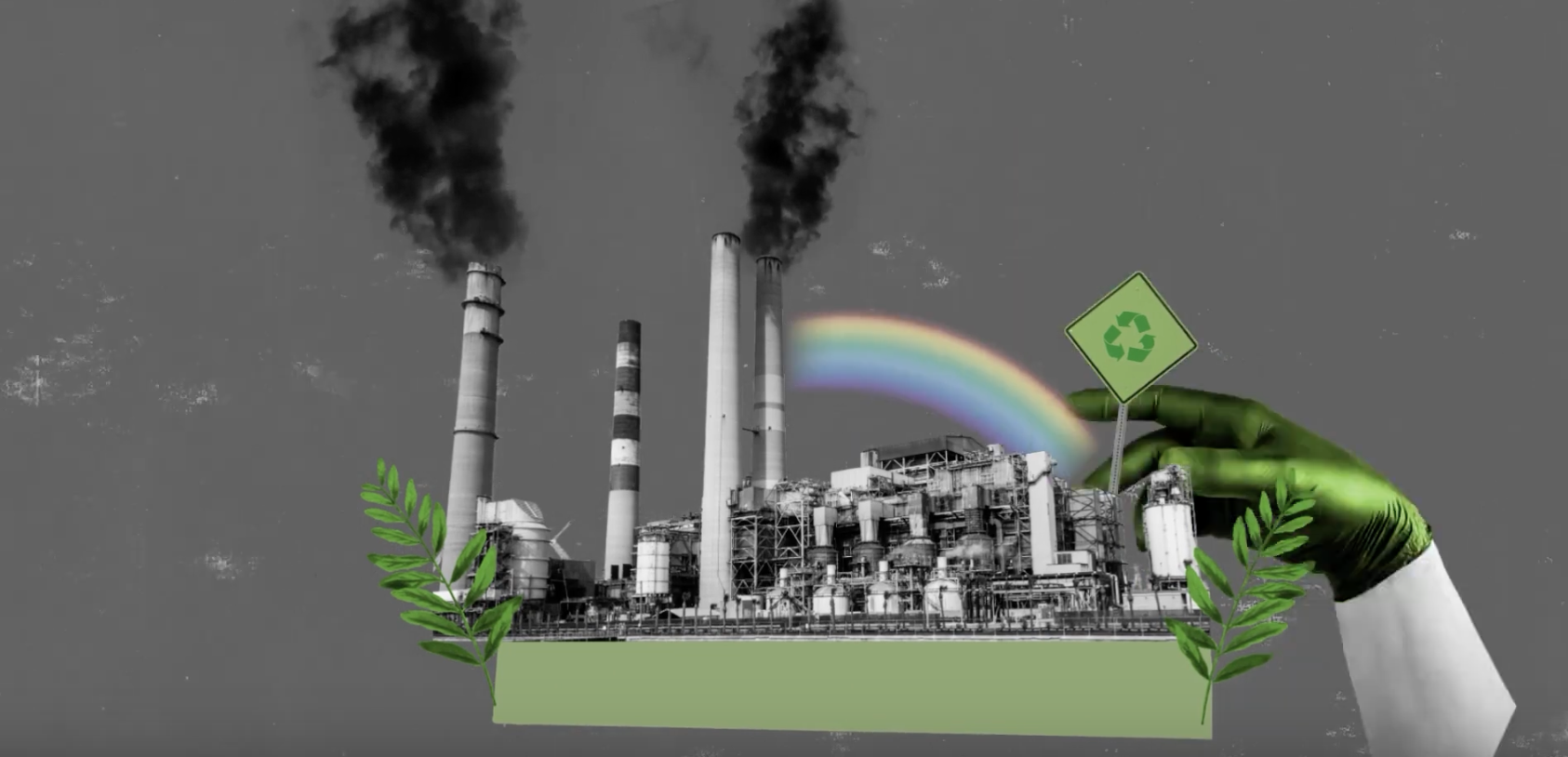News
Key questions to ask of TNFD’s final draft

On 28 March, the Taskforce on Nature-related Financial Disclosures is set to release its fourth and final draft before a final version is released in September 2023. The taskforce is a group of 40 global corporations – including several with a concerning environmental and human rights record – that are writing recommendations for how a business should report on biodiversity. While TNFD is described as a voluntary initiative, some are already trying to promote it as the blueprint of future law.
Rights holders and civil society organizations have made repeated warnings that TNFD is undermining the real solutions to the nature crisis. Several NGOs have raised the alarm that it risks being the next frontier on corporate greenwashing on nature.
These concerns extend well beyond the content of TNFD’s framework, although this will be in the spotlight over coming weeks.
Below is a list of questions that we will be asking of TNFD’s final draft.
- Will companies disclose relevant information about their specific risks and impacts on nature and those who protect it, and in a form that can be publicly and independently verified?
The evidence base is clear that company reporting of high-level environmental statistics that cannot be independently verified by the public against realities on the ground is ripe for greenwashing.
- Will TNFD align with international human rights law – including respecting Indigenous rights?
In its current form it will undermine the rights-based approach outlined in the Kunming-Montreal Global Biodiversity Framework. It will also be out of step with dozens of existing industry standards for high-risk industries.
- Will companies acknowledge and disclose a grievance list?
It’s utterly baffling as to why TNFD could justify denying the public – and investors – such basic information as where a company is facing allegations that it is harming, or risks harming, biodiversity or the people who protect it.
- Will the public – including affected communities – know if the company or bank is operating, sourcing from or financing activities in their area?
TNFD does not recommend that a business disclose who it buys from or finances, or that it publicly trace and disclose its supply and investment chain. So it is not possible to connect a company with the specific places it impacts. A company can write new biodiversity commitments – but the people observing actual harms won’t know if the company is involved.
- Will companies disclose their lobbying?
Currently, TNFD allows a company to claim to champion biodiversity in its reporting, while secretly lobbying against new laws to protect nature.
- Has TNFD responded to research that suggests that nature disclosures will disproportionately impact low income and middle income countries?
- Will TNFD break its policy of writing its framework on public disclosures through hidden-closed door processes? This requires myriad reforms – not least of all that all of the feedback received via its website surveys and other forms on version 4 should be public.
- Has TNFD undertaken a gender analysis or outlined how it is responding to the existing priorities of grassroots feminist leaders and female environmental defenders?
The greenwashing risks of flawed nature disclosures are far from academic and already there are warning signs of how bad it could get.
In December 2022, the World Benchmarking Alliance (WBA) Nature Benchmark ranked Vale the fifth best performing company on nature of 400 companies. In 2019, the collapse of a Vale mining tailings dam created an unprecedented environmental disaster, killing hundreds of people in Brazil. This followed a similar dam collapse by a Vale subsidiary in 2015. The 2019 environmental disaster was so extreme as to justify homicide charges being filed against several Vale executives. In 2022, concerns about other Vale tailings dams persisted and Indigenous Peoples continued to protest Vale over its harms to nature and people, and operating without their Free, Prior and Informed Consent. Vale appeared on the exclusion lists of investors in 9 countries and the SEC announced legal action against Vale alleging misleading reporting.
While the WBA ranking is not a TNFD report, its seven person expert review committee on nature included staff from six organizations closely linked to TNFD, including the TNFD secretariat. The lack of outcry over the Vale ranking is indicative of how far removed these ‘market-led’ discussions are from communities most impacted by the biodiversity crisis.
A list of rights holder and civil society statements, in-depth submissions and press releases related to TNFD can be found on the Forests and Finance coalition website here.